Over the past few months, the U.S. stock market has been setting new record highs due to rising expectations for a soft landing of the U.S. economy and the investment frenzy surrounding artificial intelligence-related stocks. Benefiting from an active market and strong inflows of client funds, BlackRock, the world's largest asset management company, has also reached new heights in its asset management scale.
Asset Management Scale Hits New High, with ETF Inflows Taking the Lead
On July 15th, BlackRock reported its second-quarter performance, showing that its long-term investment funds attracted $51 billion in client funds, pushing its asset management scale to a historic high of $10.6 trillion, higher than the $9.43 trillion of the same period last year and the $10.5 trillion in the first quarter.
According to the financial report, BlackRock's total net inflow in the second quarter was $81.57 billion, slightly higher than the $80.16 billion of the same period last year, but below the expected $112 billion. Equity inflows fell to $6 billion, with institutional client rebalancing dragging on fund inflows. Additionally, due to a large client withdrawing $20 billion, fixed income fund inflows also lagged behind expectations.
BlackRock stated that ETFs accounted for most of the fund inflows in the second quarter, reaching $83 billion, marking the best start of the year on record. Moreover, clients increased their investments in fixed income overall by $35 billion, while the net inflow into long-term investment funds was below the average analyst expectation of $86 billion.
BlackRock's CEO, Larry Fink, said in a statement that private markets, active retail fixed income assets, and a surge in funds flowing into ETFs have driven organic growth. Furthermore, the strong interest in Bitcoin products has driven ETF inflows. The company's cash management and money market funds also recorded a net inflow of $30 billion during the period.
The company is optimistic about debt inflows, expecting that as the Federal Reserve begins to cut interest rates, investors will shift from currently high-yielding cash to riskier fixed income products. Fink said, "We see global clients recalibrating their risk."
In terms of performance, BlackRock also showed a relatively stable performance. Revenue in the second quarter was $4.81 billion, an 8% increase year-over-year, but slightly below the $4.84 billion expected by analysts surveyed by Bloomberg. Among them, investment advisory and management fee income grew by 8.6% to $3.72 billion. Technology service income grew by 10% to $395 million, reflecting continued demand for its investment risk management platform, Aladdin.
An increase in profit margins pushed its net profit to grow by 9% year-over-year to $1.5 billion, adjusted to $1.56 billion, exceeding the expected $1.47 billion. The adjusted net profit per share grew by 12% year-over-year to $10.36, exceeding the Wall Street average expectation of $9.93.
The company is optimistic about investments in energy transition and AI data centers.Larry Fink expressed in a conference call: "We are incredibly excited about the growth opportunities for our clients and shareholders in 2024 and beyond."
He also mentioned that he sees tremendous potential in investments for energy transition and artificial intelligence data centers. He said: "As more and more clients utilize infrastructure debt, we are very bullish on this sector."
It is noteworthy that two weeks ago, BlackRock announced the acquisition of private market data provider Preqin for nearly $3.2 billion. The company is continuing to advance into the alternative assets and technology sectors. Analysts believe that this acquisition follows BlackRock's $12.5 billion purchase of Global Infrastructure Partners earlier this year, which is a bet on alternative assets that will place the company at the core of global infrastructure project investments.
BlackRock is expected to complete two acquisitions in the second half of this year, which will strengthen its position in infrastructure investment and the private equity market, both of which are key growth areas.
In response, Edward Jones Senior Equity Research Analyst Kyle Sanders said:
"The private market is growing... but more importantly, the fees you can charge for private assets are far higher than those for iShares ETFs. They want to enter high-profit, high-fee products, and alternative assets will be the priority."
Despite BlackRock's long-term trading price-to-earnings ratio being much higher than that of traditional asset management peers, its stock performance has lagged. As of Monday's intraday trading, BlackRock's stock price rose by 0.54%, to $832.70. The company's stock has risen by about 4% this year, lagging behind the S&P 500's 18% increase during the same period. Cathy Seifert, Vice President of CFRA Research, has a "buy" recommendation for BlackRock, and she said that the company's stock performance on Monday might be due to investors expecting higher revenue growth for BlackRock's high valuation.


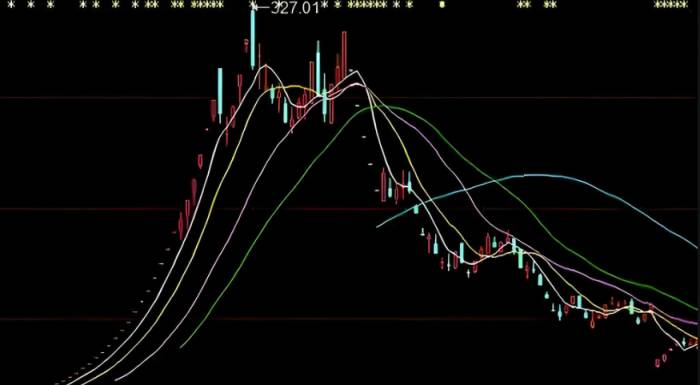
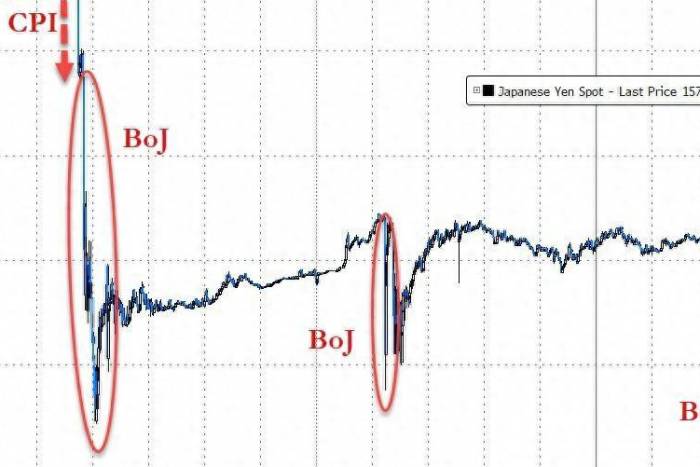




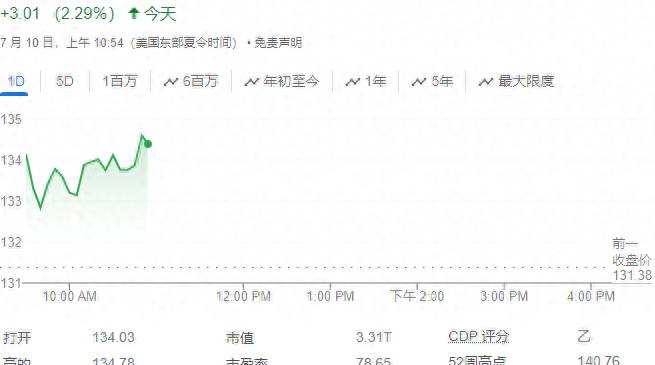
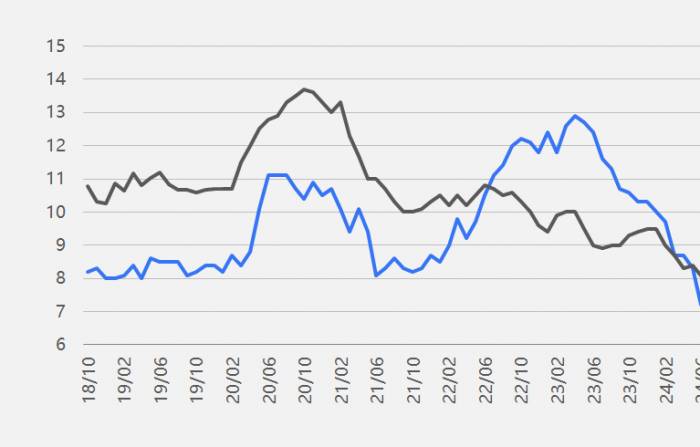






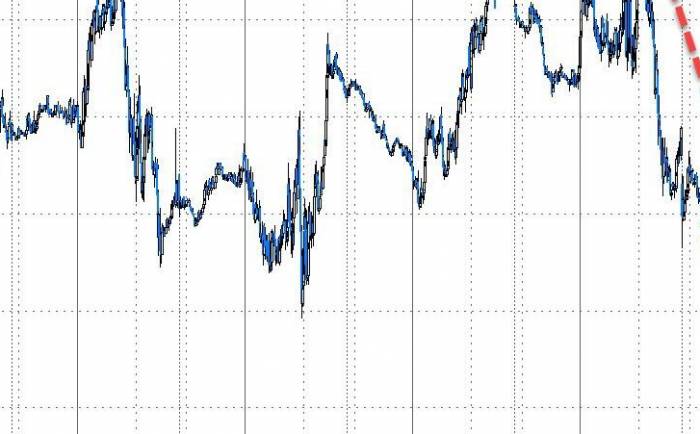


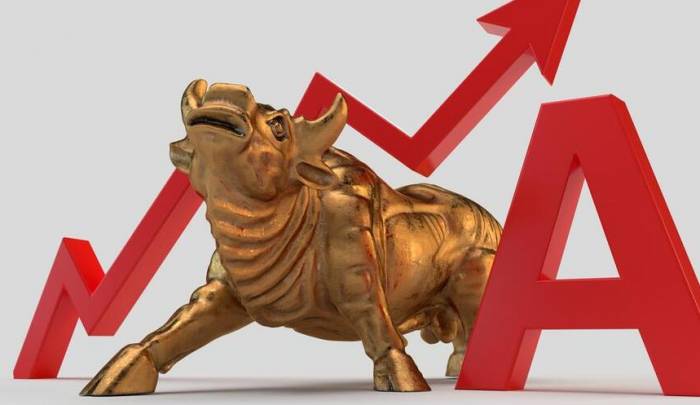

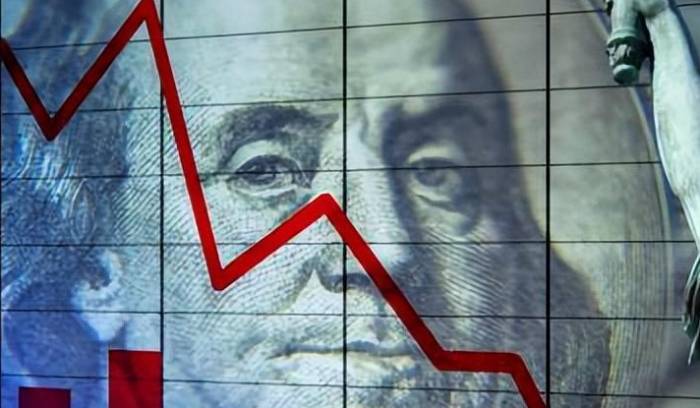

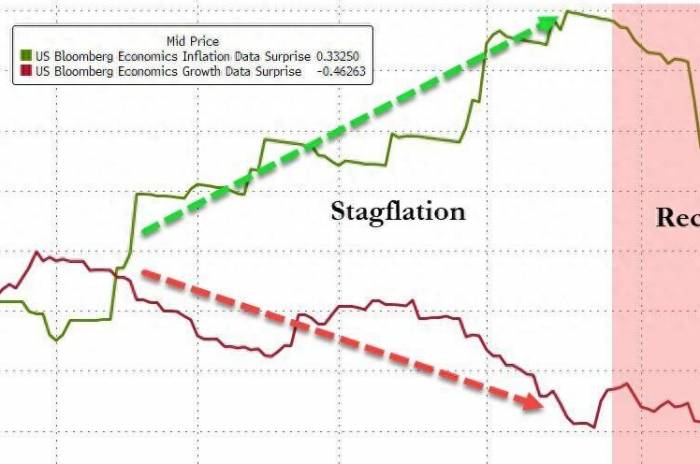






Share Your Experience